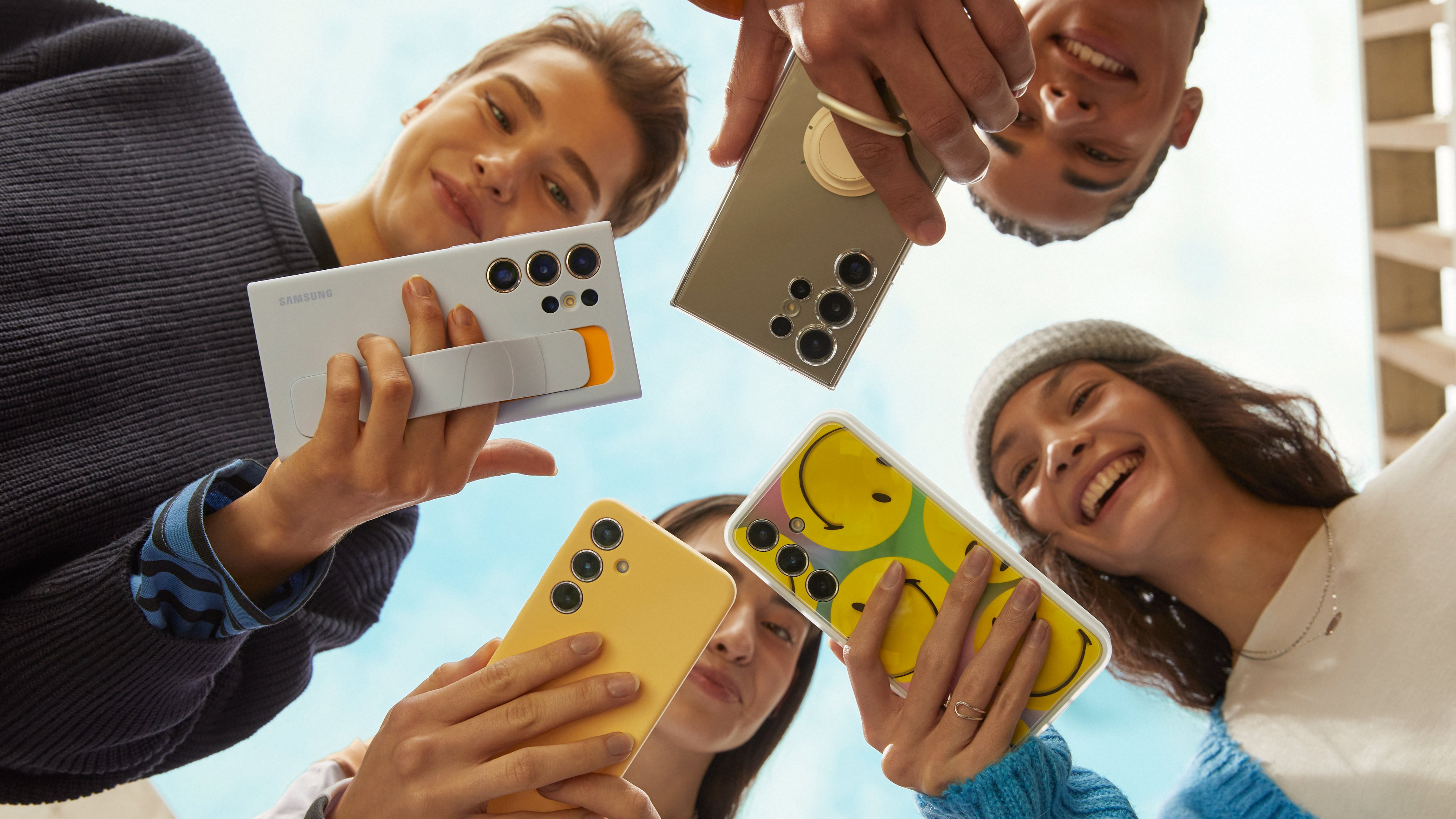
Samsung is expected to bring Polar ID, a very impressive new facial recognition system, to the Samsung Galaxy Ultra. But leakers can't agree on the timescale and it might not appear in the Ultra until 2026.
The Samsung Galaxy S24 Ultra has only been out for a few months, but the rumour factory never sleeps – and it's already making predictions about the Samsung Galaxy S26 Ultra, due in 2026.
The predictions centre on Polar ID, a new take on facial recognition and unlocking. But leakers are disagreeing on when it's coming. One leaker, Haizaki Ryouhei, says it's coming in next year's Samsung Galaxy S25 Ultra. But another, Sawyer Galox, says Samsung is planning to wait until the Galaxy S26 Ultra. Galox has leaked information in the past that's proved to be accurate, and seems pretty certain about this one.
One thing the leakers can agree on, though, is that PolarID tech is solid and could be even better than Apple's Face ID.
How Samsung plans to get in your face
Polar ID uses the same punch-hole design as the current Galaxy S24 Ultra, but requires a different sensor: Samsung's ISOCELL Vizion 931, which then hands over to the Qualcomm Snapdragon for processing. That sensor has reportedly been tested successfully and, according to Ryouhei, the tech is "more secure than FaceID" and will "work even better than other facial recognition technology". However, it's possible that the poster is simply regurgitating some of the press coverage around Polar ID's announcement earlier this year, which predicted that the tech could potentially appear in Android phones as soon as 2025.
Galox disagrees with the timeline: "It is impossible for this technology to be used" in the Galaxy S25 Ultra, they say; Samsung is taking it slow because while it wants to compete with Apple, it doesn't want to spend huge sums of money to do so.
Polar ID isn't a Samsung technology; it's from Samsung and Qualcomm's collaboration with a firm called Metalenz, which uses Samsung's sensors in its facial recognition products. It favours the 931 because it's the "world’s only consumer-grade imaging system that can sense the full polarization state of light", enabling it to work from a single image instead of needing multiple ones, and the firm says that Polar ID is 50% more cost-effective and requires considerably less space than rival facial recognition systems.
It's not just for phones: Polar ID has been designed to work in AR/VR headsets, tablets and laptops too. While Samsung is likely to be the first firm to use Polar ID, other Android firms are likely to follow suit.







